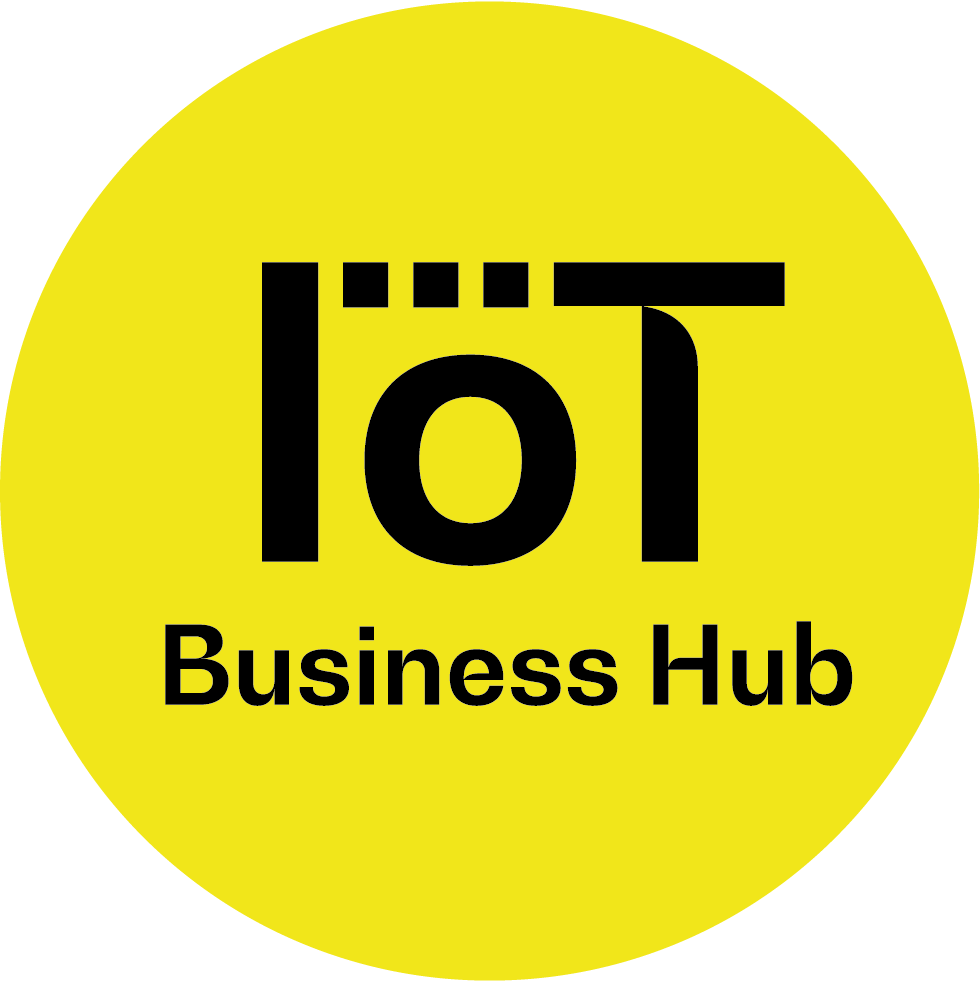Security
Carnegie Mellon University’s CyLab has proposed a solution to address a common IoT problem: the inability to find information about device privacy and security practices at the time of purchase. The solution therefore materializes in the form of labels and is based on the same principle as food nutrition labels for Internet of Things devices. Activating a QR code on the back of the device would then provide customers with more information.
Specializing in IoT and embedded object security, Israeli company JSOF has discovered memory corruption flaws in many IoT devices. These vulnerabilities make it possible to take full control of devices via remote code execution. Research conducted by Forscout estimates that millions of devices could be compromised. One of the keys could be the strengthening of network monitoring.
Smart Health
Konica Minolta, a Japanese company specialized in telephoto lenses, has chosen France as a pilot country for the development of a new innovation, KoniTerm. It is a connected camera designed to support companies in the decontamination period: it monitors both the temperature of people, the wearing of masks and compliance with the rules of physical distancing.
Thanks to the Datavenue Ready Label created by Orange, players in the IoT ecosystem can benefit from support to develop more quickly. This is the case of the Toulouse-based start-up Rubix, which specializes in the analysis of physical, chemical and biological pollution in buildings and sites. By adding a QR code device to its flagship product, the POD, Rubix intends to combat the Covid 19 health crisis. How do you do it? Users can evaluate spaces for hygiene and air quality.
Industry 4.0
After a first fundraising of €1 million in 2018, the French start-up, a reference in the field of industrial performance, is carrying out a second fundraising of €3 million. The goal? Accelerate its development in France and internationally and launch new products to make industrial performance measurement always accessible.
Smart City
Tencent, Chinese Internet service provider wants to build its own smart city ‘Net City’. The first phase aims to provide a transit hub, apartments and offices. This city is intended to be sustainable with a storm-resistant waterfront, reduced building materials, and limited car access. Construction is scheduled to begin this year.
Asset Tracking
In order to monitor the status of the telephone poles and facilitate the work of the intervention technicians, Orange plans to deploy an IoT Ad Hoc solution. Today, pole maintenance follows a reactive logic. In most cases, an incident is reported to Orange by local residents, mayors or customers. With the IoT solutions, Orange wants to be proactive by placing sensors in the poles to feed the Orange IS.
Environment
CLS, a Toulouse-based company, is deploying satellite-connected fishing nets in the Mediterranean. The objective is to be able to monitor, in addition to boats, all fishing gear, which represents more than a third of the sources of plastic pollution in European waters. After two years of R&D, a first phase of experimentation is planned for July and industrialization is expected in 2022.
Sources
- https://www.journaldunet.com/ebusiness/internet-mobile/1491943-avec-sa-camera-iot-konitherm-konica-minolta-s-ouvre-au-marche-de-la-sante/
- https://hellofuture.orange.com/fr/surveillance-des-nuisances-un-exemple-de-partenariat-iot/
- https://www.objetconnecte.com/etiquettes-infos-confidentialite-iot/
- http://www.reseaux-telecoms.net/actualites/lire-des-millions-de-dispositifs-iot-impactes-par-des-failles-tcp-ip-critiques-27991.html
- https://www.siparex.com/wp-content/uploads/2020/06/CP-Teeptrack_XAnge_lev%C3%A9e2020-FINAL.pdf
- https://www.objetconnecte.com/net-city-tencent/
- https://hellofuture.orange.com/fr/les-poteaux-telephoniques-supervises-grace-a-liot/
- https://www.usine-digitale.fr/article/cls-deploie-des-filets-de-peche-connectes-par-satellites-en-mediterranee-pour-limiter-la-pollution-plastique.N973016
